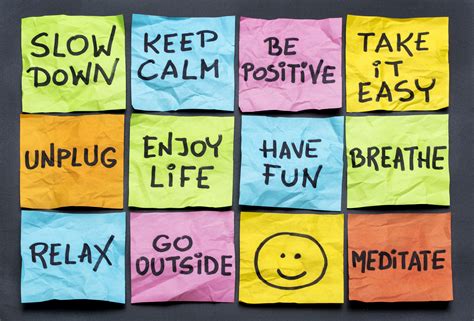
How Craniosacral Therapy Helps you Feel Relaxed and Connected

Melt Away Stress & Reconnect: How Craniosacral Therapy Helps Your Body to feel Relaxed
In our fast-paced world, stress, tension, and overwhelm can take a serious toll on our bodies and minds. Many of us long for a way to release tension, feel deeply connected to ourselves, and experience true relaxation. Craniosacral therapy (CST) is a gentle yet profound healing modality that offers just that—a doorway to deep relaxation, embodiment, and balance.
What is Craniosacral Therapy?
Craniosacral therapy is a light-touch therapy that works with the body’s natural rhythms to release tension and restore balance. Rooted in osteopathic medicine, CST focuses on the craniosacral system—the membranes and cerebrospinal fluid that surround and protect the brain and spinal cord. By gently manipulating this system, CST practitioners help encourage the body’s self-healing abilities, leading to profound feelings of being relaxed and realignment.
The Power of Embodiment and Stress Relief
One of the most powerful aspects of craniosacral therapy is its ability to guide you back into your body. In our modern lives, we often operate from a state of disconnection—living in our minds, caught up in stress, and unaware of the subtle signals our bodies are sending us. CST brings you back into a state of embodiment, where you can fully inhabit your body with ease and presence.
Through this gentle therapy, deep-seated stress patterns begin to dissolve. The nervous system shifts out of the fight-or-flight response and into a state of rest and healing. This allows the body to unwind, releasing stored tension and facilitating deep relaxation. Many clients report feeling lighter, calmer, relaxed, and more at peace after a session—like a weight has been lifted off their shoulders.
How Craniosacral Therapy Helps You Feel Connected and Relaxed
Craniosacral therapy doesn’t just relax the body—it helps restore a deep sense of connection. This connection manifests in multiple ways:
- Relaxed Connection to Self: By quieting the mind and relaxing the body, CST helps you tune into your own needs, emotions, and sensations. Many people report a deepened awareness of their inner world, leading to greater self-understanding and clarity.
- Connection to the Present Moment: The subtle, meditative nature of CST brings you into the now. Instead of being caught in the past or future, you can fully experience the present moment—where healing and transformation occur.
- Connection to the Flow of Life: Many people describe CST as an experience of deep surrender—letting go of control and trusting the innate wisdom of the body. This often translates into a greater sense of ease and flow in everyday life.
What to Expect in a Craniosacral Therapy Session
A typical session takes place in a quiet, soothing environment. You remain fully clothed while the practitioner uses gentle, hands-on techniques to assess and release restrictions in your craniosacral system. The experience is deeply relaxing, and many people feel a profound sense of well-being both during and after the session.
Is Craniosacral Therapy Right for You?
CST is beneficial for a wide range of people, from those dealing with chronic stress and anxiety to individuals recovering from injuries or trauma. It is especially effective for headaches, neck and back pain, sleep disturbances, and nervous system imbalances.
If you’re looking for a holistic way to relieve stress, feel more embodied, and reconnect with yourself, craniosacral therapy may be the perfect solution. A single session can leave you feeling lighter, more aligned, and deeply relaxed—ready to move through life with greater ease and presence.
Ready to experience the profound benefits of craniosacral therapy? Book a session today and step into a more relaxed, connected, and balanced version of yourself!
For a Free 15 minute Phone Consultation, call Sharon Hartnett CST-D:
Sharon Hartnett CST-D
Worthington, Ohio|Serving the Columbus Area
614 653-8111
To find out more about Craniosacral Therapist Sharon Hartnett, check out my main page.





